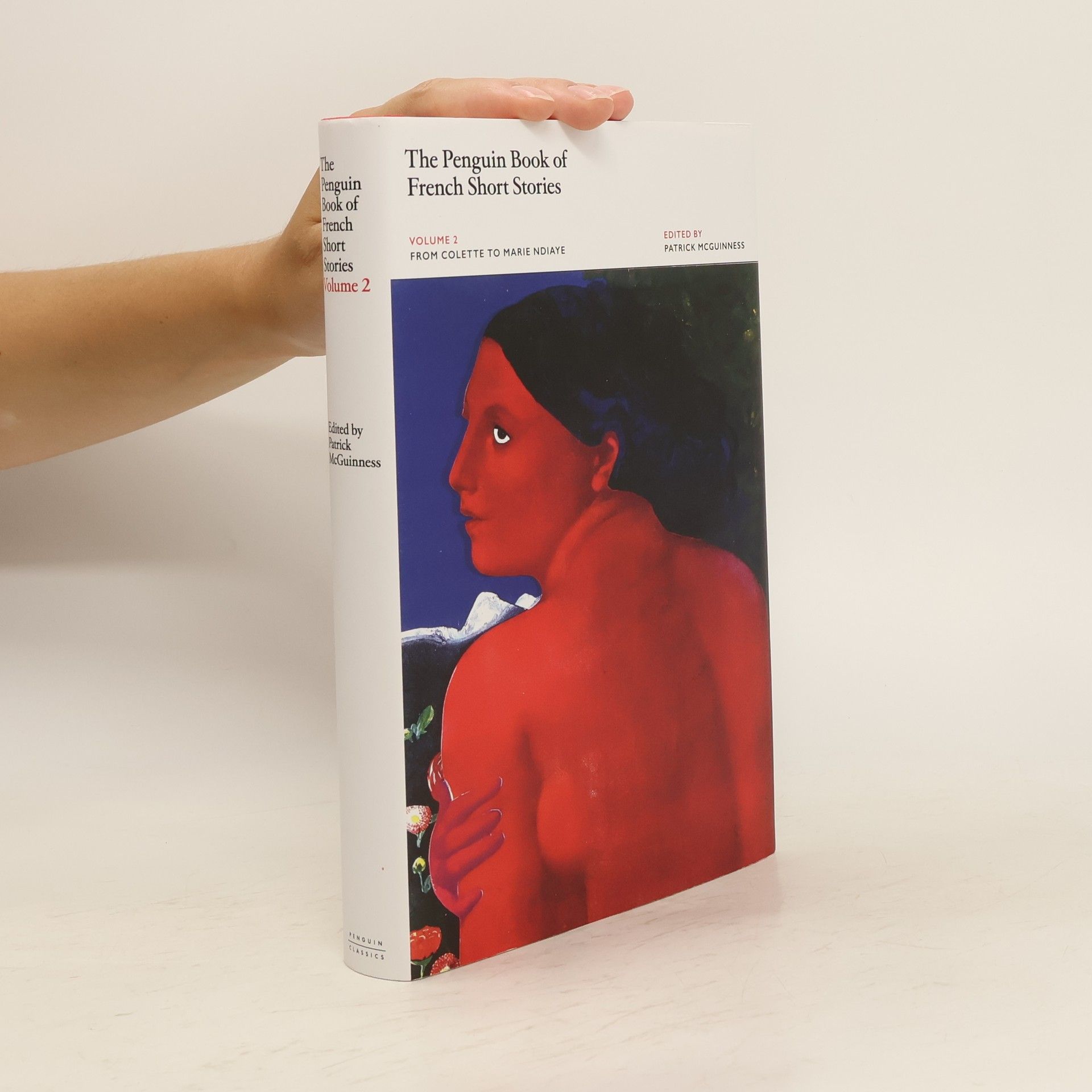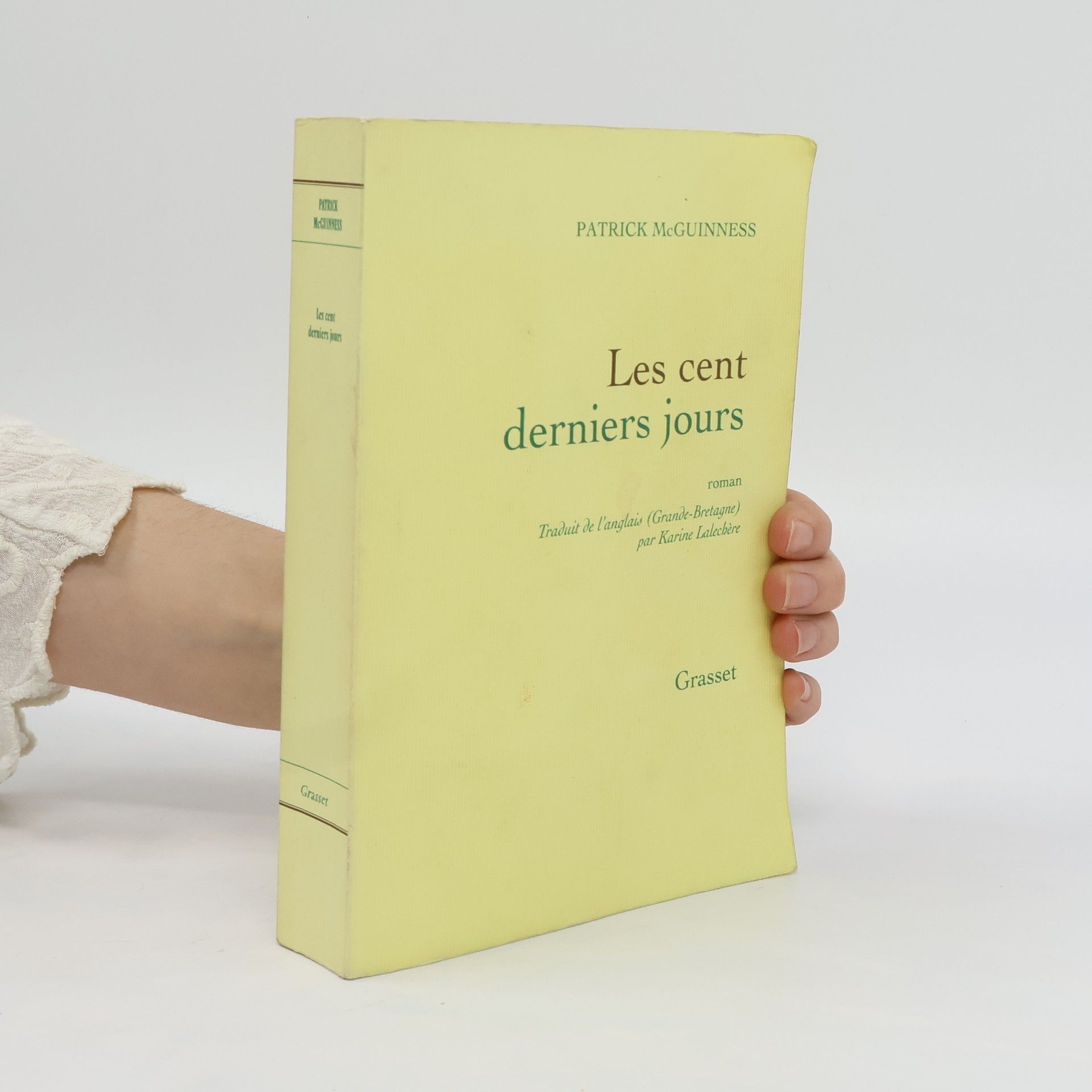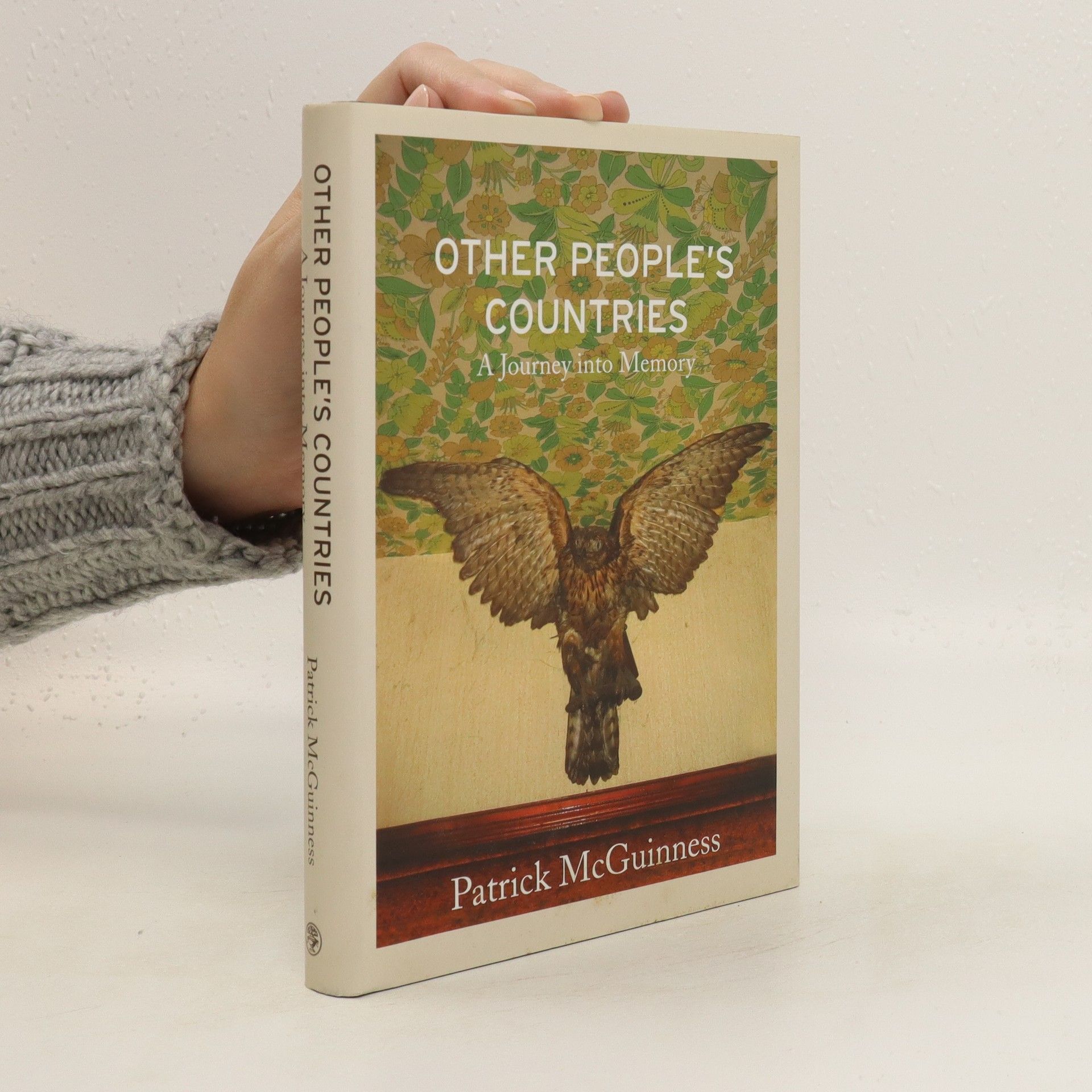Son père vient enfin de rendre l'âme. Un hasard ou une chance, un poste attend ce jeune Britannique en Hongrie. Un peu perdu, il arrive à Bucarest où il doit remplacer un certain Belanger qui donnait des cours à l'Université - il prendra son travail, son appartement et sa maîtresse.Sous la tutelle de Leo, un professeur nonchalant, il découvre la Roumanie qui détruit son passé (tous les bâtiments sont rasés pour laisser place à de grands immeubles sans âme et sans armature métallique), un pays où tout est rationné - le métal mais aussi la farine, la viande, l'essence, les ampoules, l'électricité, donnant ainsi une nouvelle dimension au terme de courant « alternatif » - et où la colère est muselée. Les seules choses qui prospèrent sont l'ennui et Leo qui fournit de nombreux clients sur le marché noir.La corruption et les agents de la Securitate sont partout, tout le monde espionne tout le monde, mais la répression prend un nouveau tournant lorsqu'un jour la police refuse d'aider la Securitate, un mouvement prend forme et de fil en aiguille, Ceausescu sera capturé et exécuté.
Patrick McGuinness Livres
Cet auteur explore les complexités de l'existence humaine avec une profonde sensibilité aux diverses cultures et identités. Ses œuvres littéraires sont tissées d'une riche tapisserie d'expériences issues de différents pays, reflétant une compréhension des perspectives mondiales. À travers son écriture, il offre un aperçu unique sur les thèmes de l'aliénation, de l'appartenance et de la recherche perpétuelle de sens dans un monde en mutation. Son style est à la fois incisif et lyrique, invitant les lecteurs à contempler des vérités universelles au sein de ses récits méticuleusement élaborés.






Real Oxford shows that there’s more than dreaming spires and bicycles to the city. The grand buildings of the university are here, but Patrick McGuinness charts a personal history of the place which radiates into the suburbs and into the everyday of people’s lives, past and present. Surprising, quirky, Real Oxford presents the city anew.
In this intimate, confiding poetry collection, McGuinness shows how identity is layered, permeable, always in motion - how we are always actor and audience to ourselvesIn Blood Feather, a book of doubling and displacement, we see time in a new the past, personal and collective, lingering as an ever-present ghost - while lost beyond recall.The first section, 'Squeeze the Day' - a series of deeply moving poems about the author's mother, displaced between languages - investigates her illness and death; how being bilingual is like having a double, a second self; how each self haunts the other. 'The Noises Things Make When They Leave' elegises today's post-industrial landscapes, their people and sidelined by literature, bypassed by globalisation. The final sequence, 'After the Flood', links the book's themes, seeking a way of seeing things for the first time and the last time simultaneously. Exploring the gaps between languages and between our selves in language, Patrick McGuinness dreams of a new tense in which the world's losses are the anniversary of my mother's death,and it's my mother's birthday -the day she short-circuited the tenses,made the current flow both ways.A clear-sighted, intimate new poetry collection from the prizewinning author of Other People's Countries and Throw me to the Wolves.
This two-volume feast of an anthology celebrates the rich tradition of the French short story. Spanning four centuries, its pages brim with decadent tales, 'bloody tales' and fairy tales, detective stories and war stories, the experimental and the existential. These are tales about the self and the other, the fantastic and the realist, the country and the city, the nation and the colony, told in an eclectic array of voices and styles.The collection features stories by the most famous writers across the Francophone world, from Voltaire to Simone de Beauvoir, as well as rare treasures and contemporary writers like Marie Ndiaye and Virginie Despentes, some of them translated for the first time here. By turns playful and profound, sublime and absurd, the second volume takes the reader from the First World War to the millennium
A major new celebration of the French short story 'Nowhere have I witnessed real happiness, but surely it is to be found here...' The short story has a rich tradition in French literature. This feast of an anthology celebrates its most famous practitioners, as well as newly translated writers ready for rediscovery. Here are decadent tales, 'bloody tales', fairy tales, detective stories and war stories. They are stories about the self and the other, husbands, wives and lovers, country and city, rich and poor. The first volume spans four hundred years, taking the reader from the sixteenth century to the 'golden age' of the fin de siècle. Its pages are populated by lovers, phantoms, cardinals, labourers, enchanted statues, gentleman burglars, retired bureaucrats, panthers and parrots, in a cacophony of styles and voices. From the affairs of Madame de Lafayette to the polemic realism of Victor Hugo, the supernatural mystery of Guy de Maupassant to the dark sensuality of Rachilde, this is the place to start for lovers of French literature, new and old. Edited and with an introduction by Patrick McGuinness, academic, writer and translator.
"This book evolved out of stories the author told his children: stories about the Belgian border town of Bouillon, where his mother came from, and where he has been going three times a year since he was a child - first with his parents and now with his son and daughter. This town of eccentrics, of charm, menace and wonder, is re-created beautifully -'Most of my childhood, ' he says, 'feels more real to me now than it did then.' For all its sharp specifics, though, this is a book about the common, universal concerns of childhood and the slowly developing deep sense of place that is the bedrock for our memories."--Front flap
Throw Me to the Wolves
- 336pages
- 12 heures de lecture
Ander is always watchful, but particularly now, because the man across the table is his former teacher - Michael Wolphram - whom he hasn't seen in nearly 30 years.Another outsider, another loner in a school system rife with abuse and bullying, Ander has another case to solve: the cold case of his own childhood.
